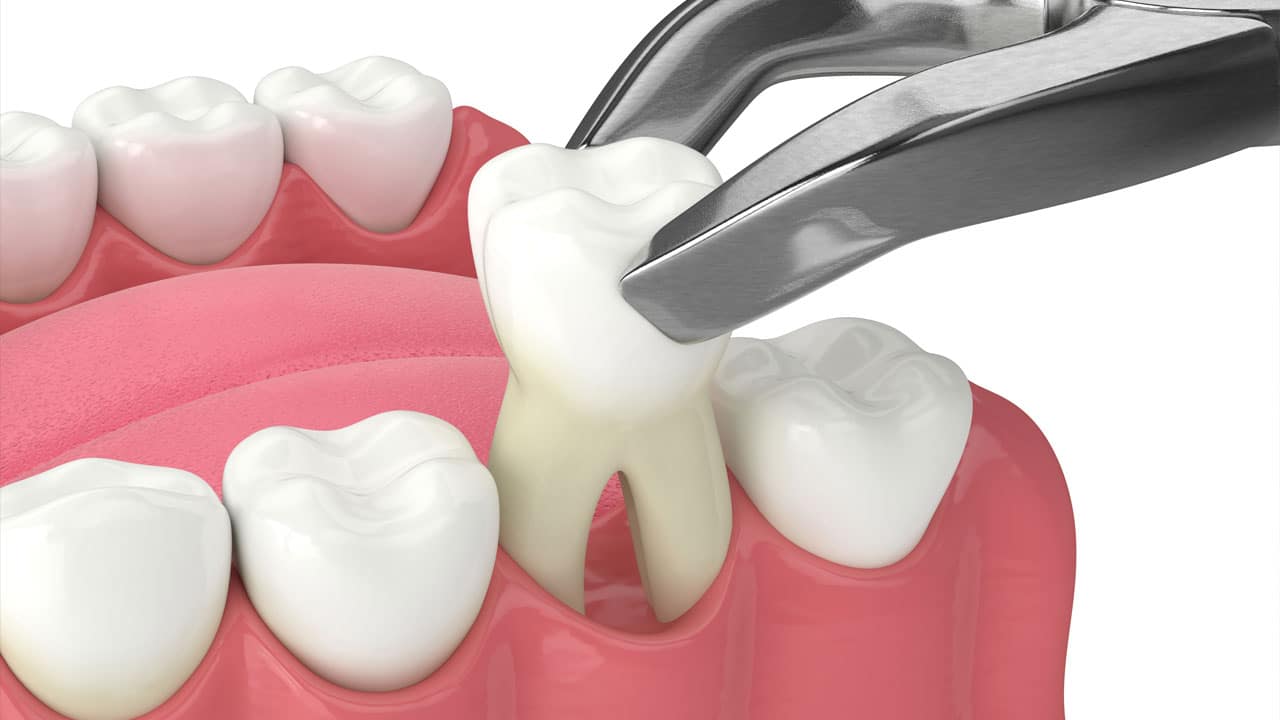Many people don’t realize the important role of tooth extraction in preventing future damage to their oral health. While keeping natural teeth is often the goal, there are times when removing a tooth can be the best decision for your long-term dental well-being. Whether it’s due to decay, infection, or overcrowding, strategic Tooth Removal can stop bigger issues from developing later.
Protecting Adjacent Teeth from Decay and Infection:
A severely damaged or infected tooth can impact the health of neighboring teeth if left untreated. In these cases, tooth extraction helps by:
-
Removing the source of bacteria before it spreads
-
Reducing the risk of gum infections that could affect other teeth
-
Preventing cavities from spreading to adjacent molars
-
Helping your immune system recover from ongoing inflammation
By eliminating the problem tooth, the surrounding teeth have a better chance of staying strong and healthy.
Avoiding Bite Misalignment and Crowding:
When your mouth is overcrowded, teeth may shift out of alignment, causing bite issues and discomfort. Tooth extraction plays a preventive role by:
-
Creating space for proper alignment during orthodontic treatment
-
Preventing teeth from overlapping or twisting
-
Helping avoid overbites, underbites, or jaw pain
-
Allowing room for incoming teeth, especially in children and teens
In cases like these, removing just one or two teeth can create the space needed for a healthier, straighter bite over time.
Preventing Complications from Impacted Teeth:
Impacted teeth, especially wisdom teeth, often stay trapped under the gum line or grow at awkward angles. This can result in several complications if not addressed early:
-
Pressure against nearby roots, leading to damage
-
Increased risk of infection in surrounding tissue
-
Development of cysts or tumors near the impacted area
-
Gum inflammation and difficulty cleaning the back of the mouth
Extracting impacted teeth early prevents these problems before they escalate into serious oral health concerns.
Supporting Jawbone and Gum Health:
Tooth problems don’t just affect teeth—they can also harm the jawbone and gums. Strategic extraction may be necessary to preserve these structures by:
-
Removing teeth that have caused deep gum pockets
-
Preventing bone loss from advanced periodontal disease
-
Eliminating trauma caused by fractured or loose teeth
-
Helping maintain a clean, bacteria-free environment in the mouth
Protecting the bone and gums ensures the rest of your teeth stay properly supported and healthy.
Enhancing the Success of Restorative Treatments:
Sometimes, Tooth Removal Treatment is the first step in preparing for restorative treatments like dentures, implants, or bridges. In these cases, removal helps by:
-
Eliminating teeth that are beyond saving and would affect treatment outcomes
-
Allowing better fitting and stability of dental prosthetics
-
Preventing old infections from compromising new restorations
-
Creating a clean, even foundation for future procedures
The role of tooth extraction in preventing future damage extends to ensuring restorative work lasts longer and functions more effectively.
Promoting Long-Term Oral Health and Comfort:
Choosing to remove a problematic tooth now can save you from major issues later. In the long run, extraction can lead to:
-
Relief from chronic pain and discomfort
-
Lower risk of emergency dental procedures
-
More effective brushing and flossing with fewer tight spaces
-
Improved confidence in your smile and oral hygiene
Ultimately, your dentist’s recommendation for extraction is based on a careful evaluation of your health today and your risks for the future. When done at the right time, it’s a smart and proactive move toward preserving your smile for years to come.

